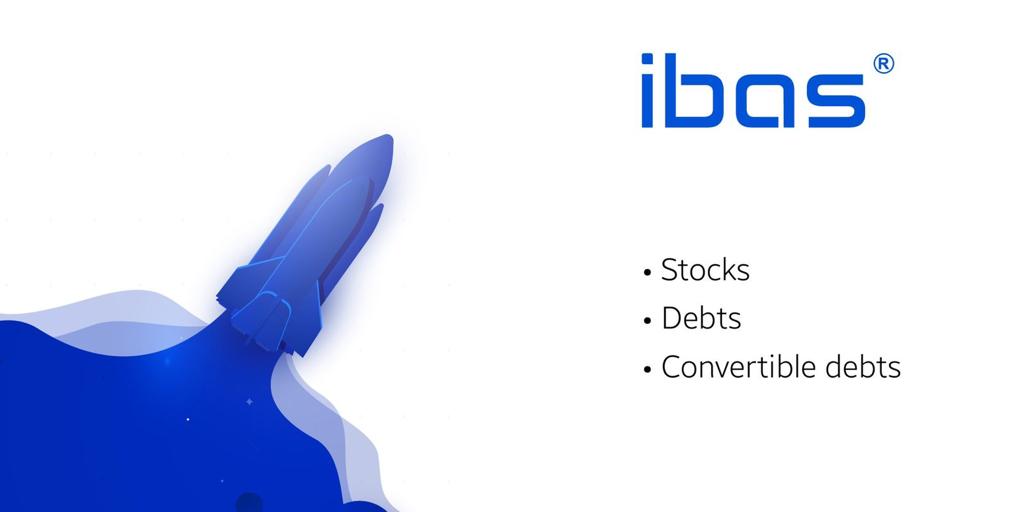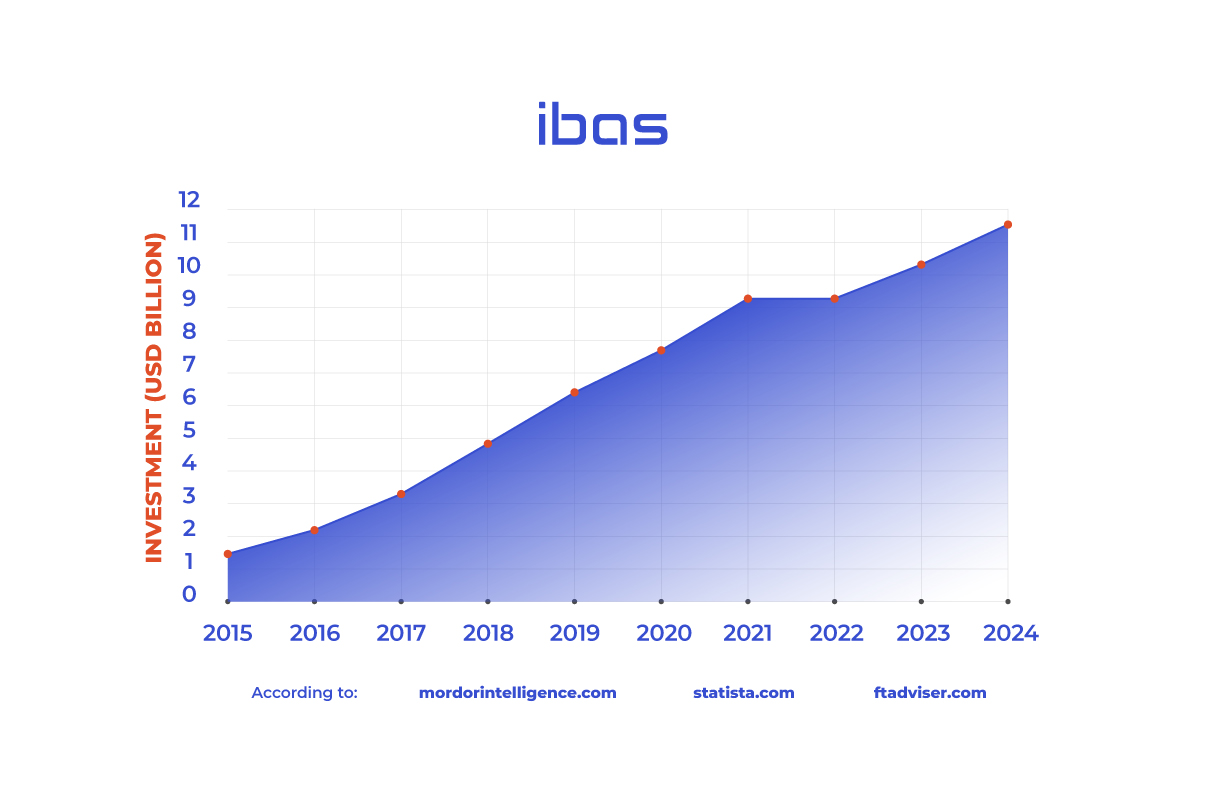Securities are exchangeable and tradable financial instruments used to raise capital in public and private markets. Commercial companies or companies as they are known in the jargon use financial instruments for raising capital for investment purposes.
According to Kosovo legislation, there are three types of securities: shares, which provide the holders with ownership rights in the trading company, bonds or borrowing and bonds convertible into shares. The sale and purchase of securities can be done according to a public or private process.
What are shares and why are they issued?
Shares are financial instruments that represent ownership of a portion of the corporation or company that issued or sold them. They provide the owner with a proportional participation in all the company’s property, which is determined by the number of shares he bought out of the total number of shares sold, throughout the period.
Corporations or companies issue or sell shares to raise capital so that they can then invest in new products or services or expand their business.
There are two main types of shares: common or common and preferred or privileged. The rights and benefits of shareholders are determined depending on the type of shares he owns and the company’s charter. Preferred shares are usually issued, which have priority in dividends compared to ordinary shares. Newly established companies or as they are otherwise known as start-ups have the right to issue or sell shares. For all types of companies, the evaluation of the companies is done before the issue, respectively before the sale and purchase of shares.
What are the advantages and risks of investing in stocks?
The advantages of investing in shares are that the investor does not need to deal with early and laborious processes of establishing the company, especially when the risk of failure is greater. Another advantage is that the shareholder of a company does not necessarily have to work in the company in which he has invested. He can be a shareholder, not work even a day in the company he invested in, but enjoy the net annual profit in proportion to the amount of shares he holds. Otherwise, these incomes are also known as passive incomes. In addition to income from dividends or the annual profit of the company, the owner of the shares also enjoys income at the time of their sale. An investor who has funds and invests them in a business can earn more than a traditional deposit. In addition to the opportunities for making profits, if the business in which the shareholder has invested, if the business does not turn out to be successful, the business may not generate profits or may even create financial losses. In such cases the investments may be lost or the value of the shares may fall.
From the point of view of the issuer or seller of shares, the advantage of issuing them is that the money does not need to be returned, as in the case of obtaining loans or other loans. The stock seller exchanges a portion of his ownership for the amount of money he receives in the name of the stock. All this, according to the value of the business it holds. But, on the other hand, it is very important that the business adheres to the investment plan in order not to expose itself to the risks of business failure, in which case all shareholders will suffer. This is where investment advice and supervision, usually provided by an investment advisor, plays a very important role.
What are bonds (borrowing) or bonds and why do companies issue bonds?
Issuing bonds is one way companies can raise capital. A bond (debt) works like a loan between an investor and a company. The investor (which can be an individual or a business) agrees to give the company a certain amount of money for a certain period of time. In return, the investor receives periodic interest payments. When the bond reaches its maturity date, the company repays the principal or original debt amount. The investor can request a guarantee from the borrower as much as he or an independent appraiser deems equivalent to the property he invests and keep it until the day of return, or sell it in case of non-return of the debt. An investor who has funds and lends them to a business in exchange for a valid guarantee pre-supposed to earn more than it earns from traditional deposits.
What are the advantages of bonds versus other methods of raising capital?
In most cases, borrowing from a bank is the first thought for those who need money. The question arises: “Why would a company issue bonds (securities loans) instead of taking a loan from a bank?”
Issuing bonds is often more profitable than borrowing from banks because the interest rate companies pay to bond investors
eve is usually lower than the interest rate offered by banks and the possibility of returning the principal (principal) at maturity enables the funds to be kept in circulation throughout the period. Companies can continue to issue new bonds as long as they can find willing investors, without affecting the company’s ownership or how it operates. This makes bonds more favorable than stocks.
What are Bonds convertible into shares and what are their advantages?
These bonds start out the same as other bonds, but offer investors the option of converting the bond into a predetermined number of shares.
Conversion from bond to stock can be done at certain times during the life of the bond and is usually at the discretion of the bondholder.
Convertible bonds are a flexible financing option for companies. Companies benefit, as they can issue bonds at lower interest rates than traditional bond offerings. In turn, such conversions enable investors to benefit from rising stock prices.
You can apply for the issue of shares or bonds by visiting www.ibas.world.
As soon as you log in, the “Increase capital with shares or bonds” window appears. Click “Apply”, then fill in the required fields. After filling in your details, click “Apply” again.
Success!




